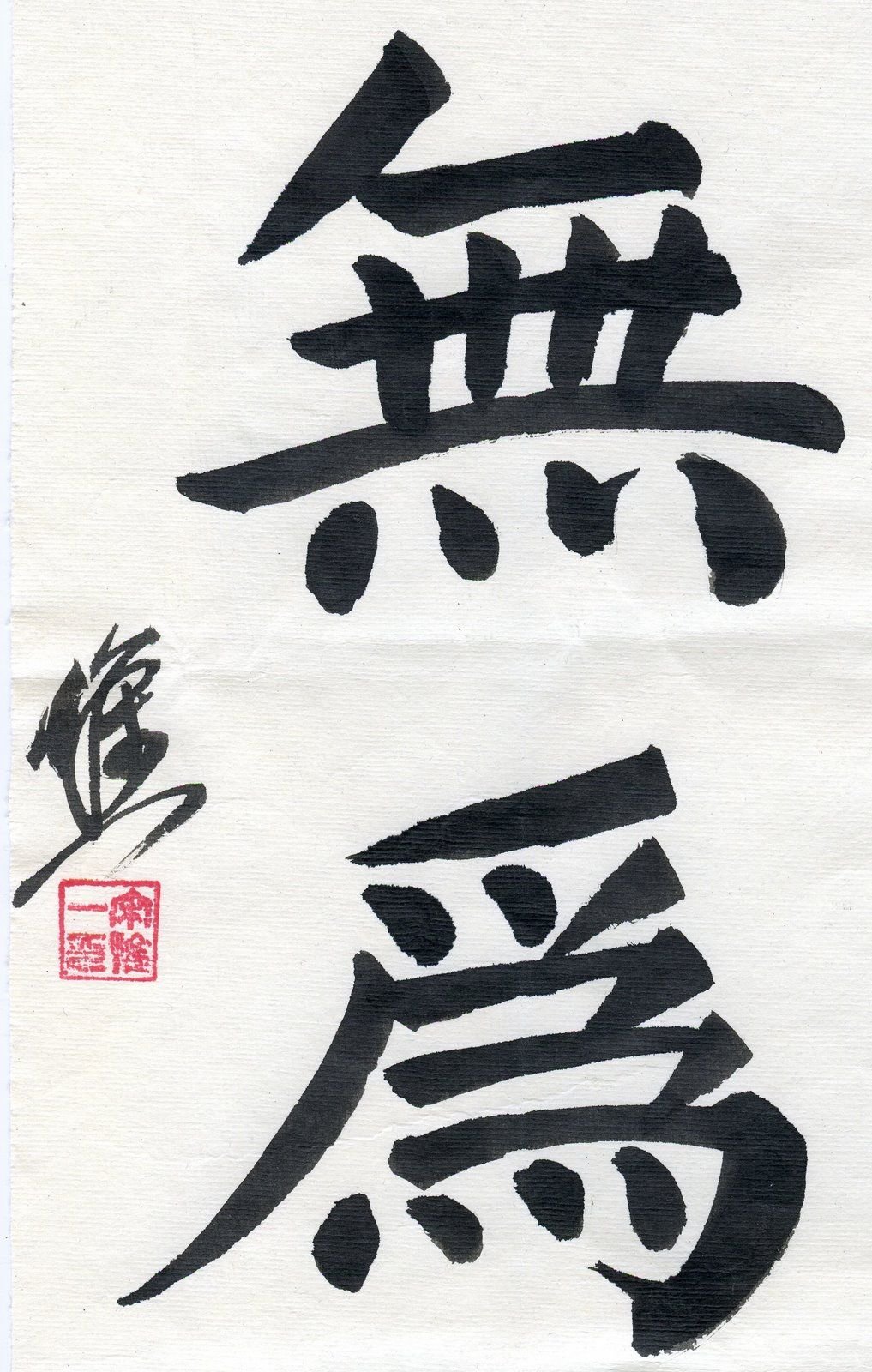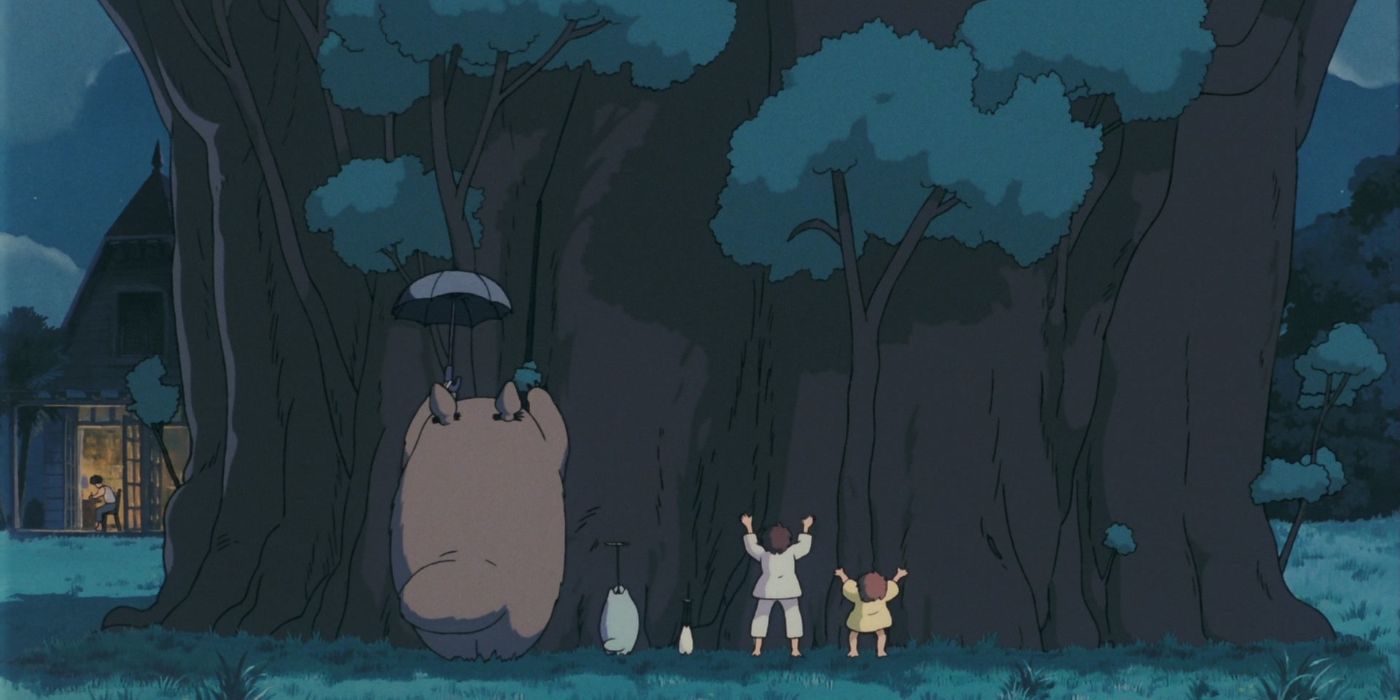
The Art of Letting Things Be
Share
When You Try So Hard But Don't Succeed.
Journaling Prompts to Help You Achieve More by Doing Less
The Exhaustion of Constant Effort
We’ve all been there. That moment when you collapse onto your couch after another 12-hour workday, wondering why your promotion still seems so far away while your friend who seems to work half as hard, gets opportunities you could only dream of.

Perhaps you're the person who creates detailed to-do lists, sets countless reminders, reads all the productivity books, and still feels perpetually behind. Maybe you can unlock your potential if you just try this one more technique and this year will finally be your year. But, why does it seem like a constant uphill battle?
You Might Be Burnt Out If…
- You're constantly exhausted but can't pinpoint why
- You're putting in more effort than anyone around you but seeing fewer results
- Your anxiety spikes whenever you're not actively "doing something"
- You fill every moment with distraction (scrolling, binging shows, constant noise)
- You've forgotten what you actually enjoy outside of achievement and productivity
- You never seem to have time to sit down and reflect on what you actually want, you just do all the things you need to do
When you free up your headspace, you can cut the fat and prioritize what is important. But, you can only do this when you have found alignment.
Alignment Is Often Hidden in Plain Sight

2,500 years ago, Chinese philosophers discovered a paradoxical solution to this very modern problem. 無爲 "Wu Wei" (pronounced "woo-way"), an ancient Taoist concept that translates to "non-action" or "effortless action." But don't be fooled by the translation. Wu Wei isn't about doing nothing or giving up. It's about aligning with the natural flow of life rather than constantly swimming against the current.
The Problem With Doing Too Much
How many times have you said "Maybe I'll start a YouTube Channel once I quit my job" or "I need to buy a new PC before I can edit" or "I will start investing when I have more money"?
When you tell yourself you'll do something once you achieve something else, you're actually limiting yourself. Wu Wei offers an alternative mindset. Instead of creating endless prerequisites and conditions before taking action, the philosophy encourages us to recognize when we're constructing barriers to avoid simply beginning. Ask yourself why you are looking for limitations rather than solutions? Because if it was something you truly wanted, you would find a way to do it even in less than ideal situations.
True effortless action isn't about waiting for perfect conditions, but rather, removing the unnecessary obstacles we place in our own path and allowing ourselves to flow naturally into what matters most. In other words, just do it unprepared. Just do it scared. Just do it even if you think you’re not cut out for it.
Sometimes the most powerful step is the one taken without overthinking, without excessive preparation, and without the burden of perfectionism weighing us down.
What Wu Wei Looks Like in Real Life
- The creative breakthrough that arrives during a relaxed shower when your mind is at ease
- The perfect words that come naturally in conversation when you stop rehearsing what to say
- The business opportunity that presents itself through a chance encounter when you've stopped desperately networking
- The relationship that blooms once you focus on your own fulfillment rather than making someone love you
Achievements that arrive not through force, but through alignment.
The Wu Wei Approach: Actionable Steps

1. Create Deliberate Pauses
Set a timer for five minutes each day where you do absolutely nothing. Don't check your phone. Don't plan your day. Just sit. Notice the resistance. That discomfort is telling you something important about your relationship with control.
2. Identify Your "Upstream Battles"
Make a list of areas in your life where you feel like you're pushing against resistance. Ask yourself: "What would happen if I stopped pushing for just one week?"
3. Practice Strategic Inaction
Choose one situation this week where your instinct is to act immediately. Instead, wait 24 hours before doing anything. Notice what resolves itself without your intervention.
4. Find Your Flow Activities
Identify activities where you lose track of time and feel effortlessly engaged. Schedule more of these. They're your natural pathway to experiencing Wu Wei.
The Counterintuitive Truth
The most difficult challenges in life often yield not to force, but to surrender. Not to action, but to alignment. Not to constant effort, but to strategic release.
This doesn't mean abandoning your goals or embracing laziness. It means pursuing your aims with wisdom rather than desperation, understanding that sometimes the direct path isn't the shortest route.
Your Wu Wei Journey Begins With One Question
Tonight, before you sleep, ask yourself: "What am I trying to force that might actually need space to unfold naturally?"
Then, use the journaling prompts below to begin exploring your relationship with effort, control, and the ancient art of effortless action.
Journaling Prompts for Healing, Learning, and Growth to Master The Art of Wu Wei
Inner Child Healing
-
Childhood Flow States: Think back to moments in your childhood when you were completely absorbed in play or creativity. Journal about how you experienced Wu Wei naturally as a child. What activities brought you into this state? How can you reconnect with this childlike ability to be fully present and effortless?
-
Releasing Childhood Patterns: Reflect on a belief from your upbringing that taught you to "try harder" or "push through." How has this shaped your approach to challenges? Write a gentle message to your inner child, offering permission to flow rather than force.
- Playful Approach: Consider a current challenge you're facing. How might your inner child approach this situation with curiosity and playfulness rather than strain and effort? Journal about how embracing this childlike wisdom might lead to unexpected solutions.
Learning Through Wu Wei
-
The Wisdom of Pause: Set a timer for 5 minutes and do absolutely nothing. Afterward, journal about what you learned during this pause. What insights emerged when you created space for your mind to wander without direction or purpose?
- Strategic Inaction Experiment: Identify one situation where your instinct is to act immediately. Choose to practice "strategic inaction" instead. Journal about what unfolds and what this teaches you about the power of patience and timing.
Personal Growth
-
Resistance as a Teacher: When you feel yourself pushing hard against something today, pause and journal about what this resistance might be teaching you. What growth opportunity is hidden within this struggle? How might stepping back create space for natural evolution?
-
Effortless Strengths: Reflect on activities where you excel without excessive effort. Journal about these natural strengths and how they reveal your authentic path. How might leaning into these areas of effortless excellence lead to greater fulfillment and success?
-
Releasing Control to Grow: Write about something you're trying desperately to control right now. Then explore how releasing this grip might actually create space for new growth. What might become possible if you trusted the natural unfolding of this situation?
- Wu Wei Action Plan: Choose one area of your life where personal growth feels stagnant despite your efforts. Journal about how you might approach this differently using Wu Wei principles. What would "effortless growth" look like in this specific context?
